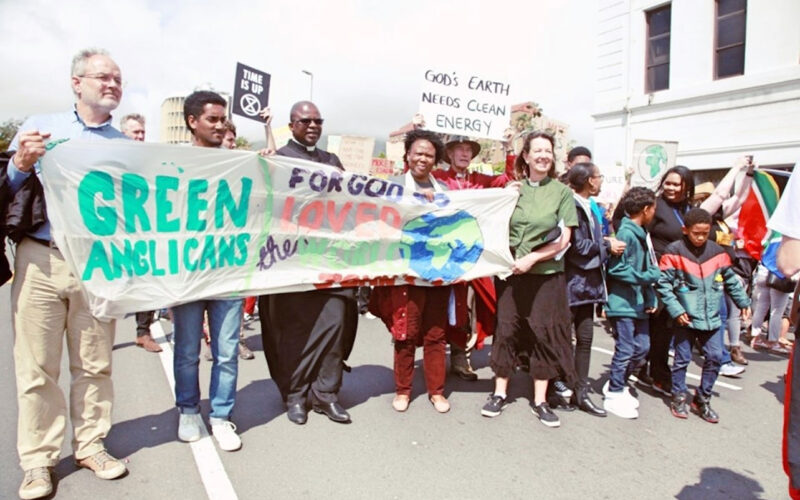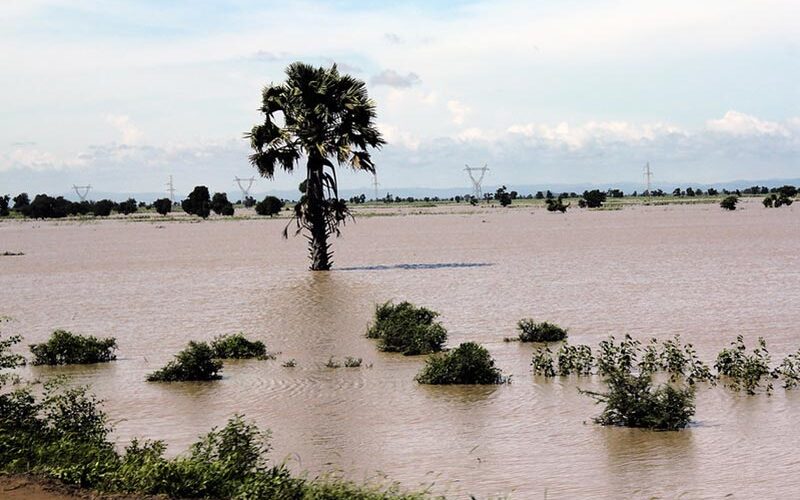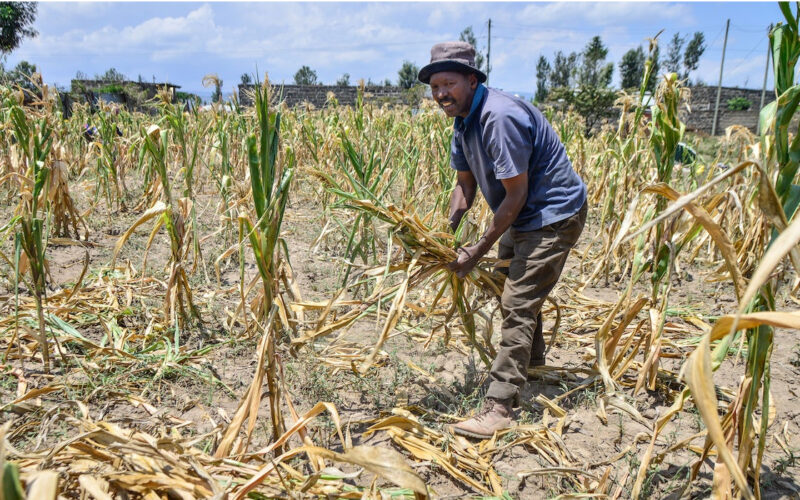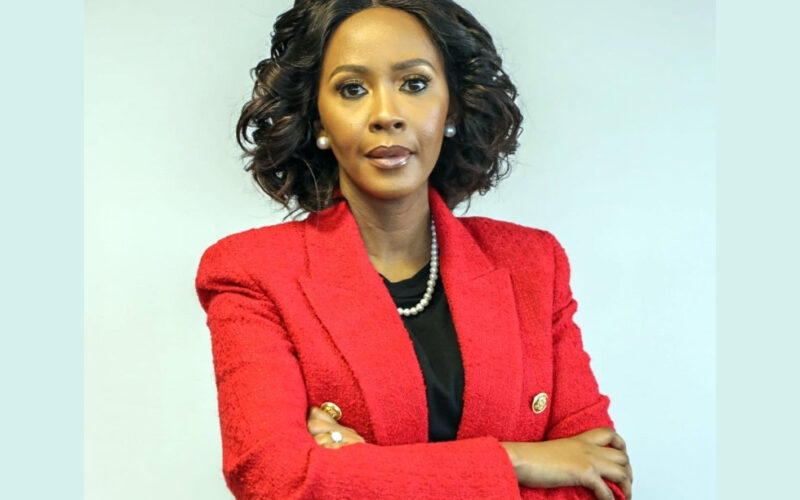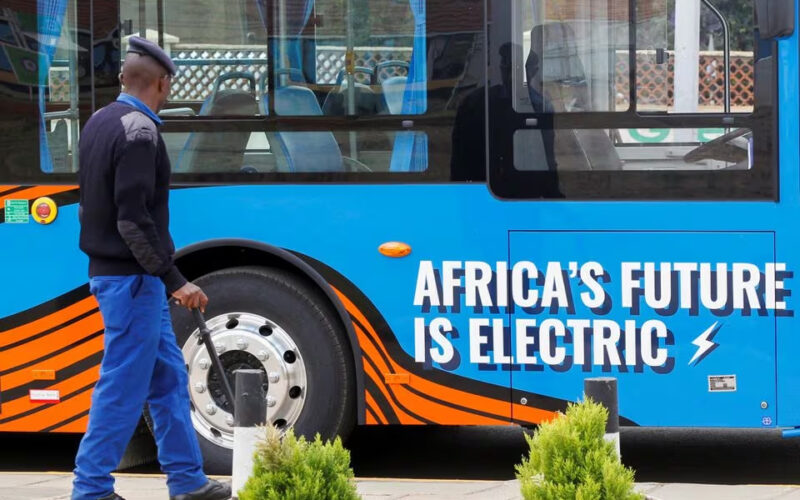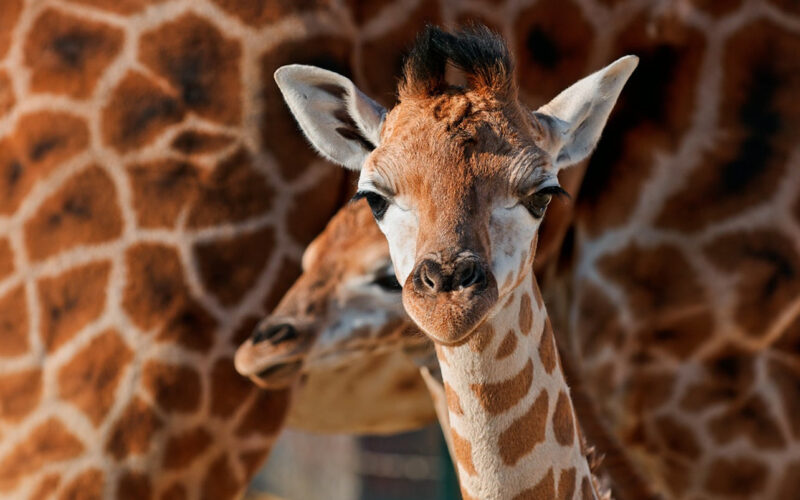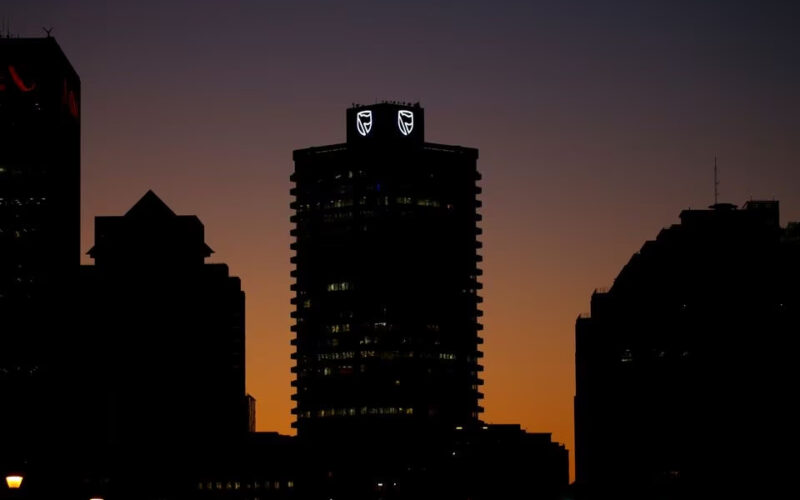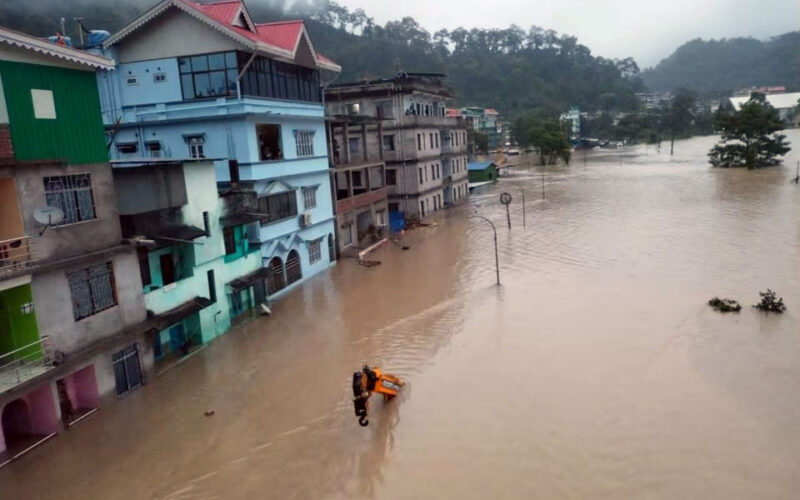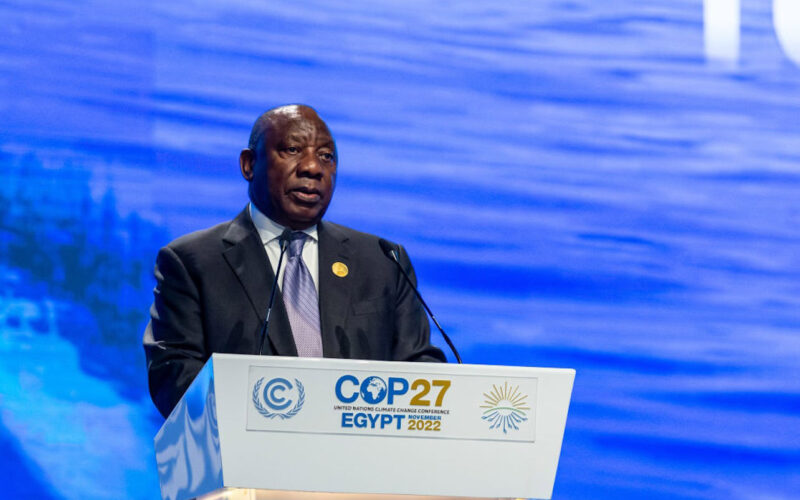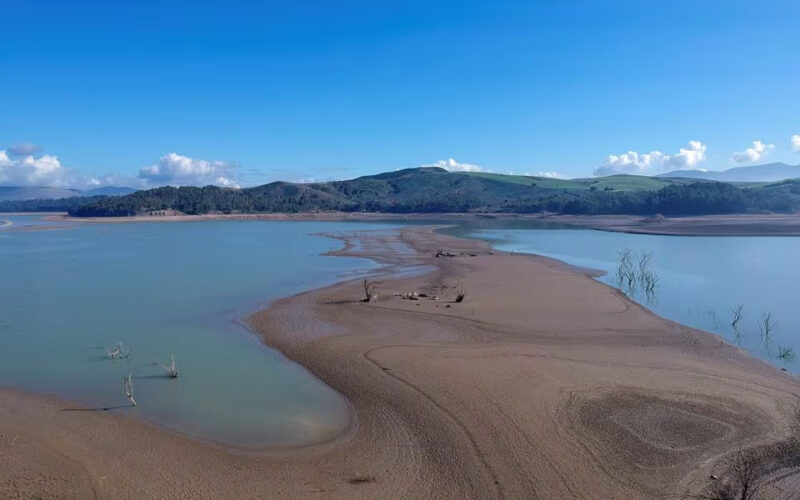
Climate change is the biggest human health risk, says Africa’s disease boss
CLIMATE change is the biggest threat to human health in Africa and the rest of the world, the head of the continent's public health agency said. Mitigating that risk was top of his agenda, Jean Kaseya, the director general of the Africa Centres for Disease Control and Prevention (CDC), told Reuters as he headed to the COP28 climate summit in Dubai, which begins on Thursday. The measures needed, Kaseya said, would include funding to help countries in Africa trying to contain outbreaks of disease. In an online interview, he said the threat of "a climate change-related disease becoming a pandemic and coming…

